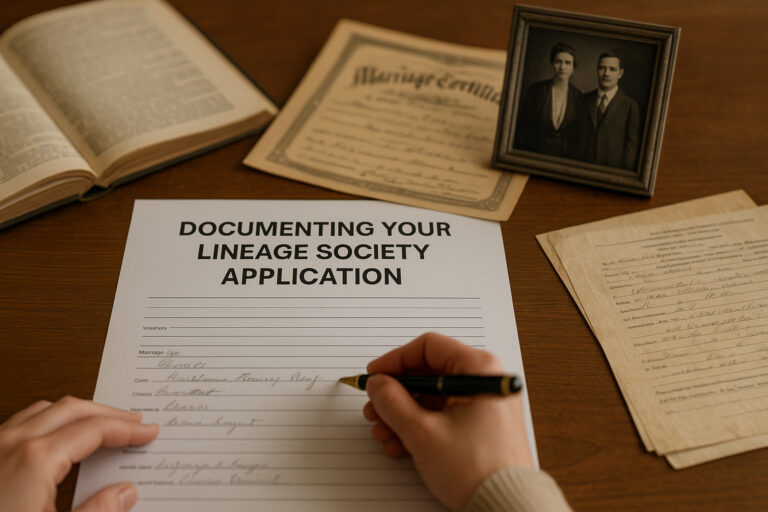
RESEARCH TIPS FOR USING COURT RECORDS
Research Tips for Using Court Records — From 4th Edition of: The Researcher’s Guide to American Genealogy
[av_image src=’https://genealogical.com/wp-content/uploads/2018/02/TheResearchersGuidetoAmericanGenealogy-sml-199×300.jpg’ attachment=’3793′ attachment_size=’medium’ align=’right’ styling=” hover=’av-hover-grow’ link=’manually,https://library.genealogical.com/printpurchase2/3napy’ target=’_blank’ caption=’yes’ font_size=” appearance=’on-hover’ overlay_opacity=’0.4′ overlay_color=’#000000′ overlay_text_color=’#ffffff’ animation=’left-to-right’ admin_preview_bg=” av_uid=’av-4m2jln’]
VIEW BOOK DETALS
[/av_image]
For this issue of “Genealogy Pointers” we are highlighting some good advice on how to utilize court records, from Val Greenwood. Below, we cite chapters and page numbers from the 4th edition of The Researcher’s Guide to American Genealogy for each of Val’s recommendation.
(Chap. 22, p. 547)
It has been my experience that court records, as a category, though not among the most important records, can be extremely valuable in some cases. When court records exist for your ancestor, or when you find a situation that suggests their probable existence, you need to take heed. Though they are probably not on an indexed database, they are available and should be used.
(Chap. 22, p. 554)
Trial court records certainly have the greatest potential value for the researcher, but if a case is discovered in an appellate court, that fact can help you locate the trial court record. The reported opinion of the case in the appellate court will identify the court of original jurisdiction—the information you need to identify the trial court record and find the record.
(Chap. 22, p. 567)
In a case where a naturalized citizen (or an alien seeking naturalization) filed a homestead claim or applied for a passport, that application (homestead and passport) is normally in the National Archives. Passport records are among the General Records of the Department of State, Record Group 59; and homestead records… are in the Records of the Bureau of Land Management, Record Group 49.
These records give the name of the court where the naturalization took place. This information will be valuable if you do not know the location of that event. Also, copies of naturalization records are often included in those other files.
You might also receive help from the 1870 federal census. That census indicated whether males over 21 years of age were U.S. citizens. If an immigrant is reported as a citizen, you know there must be naturalization papers somewhere.
If you know your ancestor was a naturalized citizen, it is worthwhile to spend whatever time is required to locate his naturalization records. Those records can bridge the gap to the ancestral home in the Old World. Remember, however, that persons born in the U.S. are citizens even though their immigrant parents may never have become citizens. If your immigrant ancestor failed to seek American citizenship, there will be no record.
(Chap. 22, p. 574)
Court records, with some justifiable exceptions, are open to the public use. If they are not on film for the locality you need (and they usually are not), you should contact the court or pay a personal visit to the courthouse. And, as has been noted by some examples in earlier chapters, other records will often provide clues to the existence of important court records.
A simple and helpful guide to the use of court records in your research is Genealogical Publishing Company’s “Genealogy at a Glance” four-page publication on “Court Records Research.” You will find it to be clear and concise.
[av_button label=’View The Researchers Guide to American Genealogy’ link=’manually,https://library.genealogical.com/printpurchase/3napy’ link_target=’_blank’ size=’large’ position=’center’ icon_select=’yes’ icon=’ue84f’ font=’entypo-fontello’ color=’theme-color’ custom_bg=’#444444′ custom_font=’#ffffff’ admin_preview_bg=” av_uid=’av-22n7y3′]



